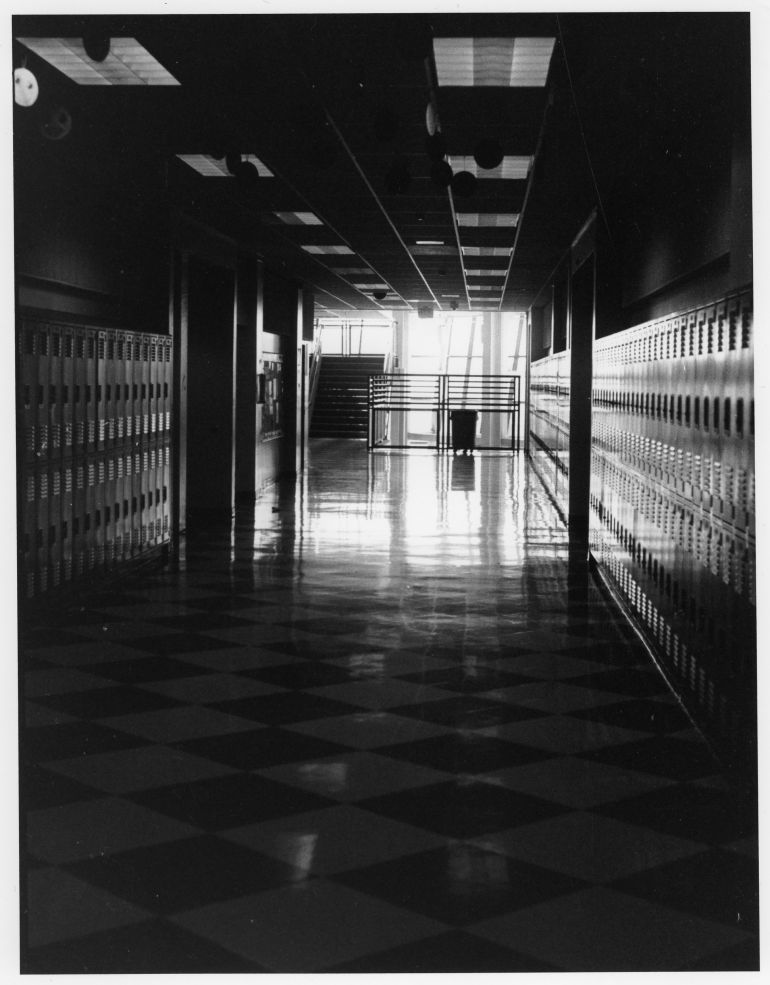On Sunday, California became the first state in the nation to set minimum school start times for public and charter schools. The new law mandates that by July 2022, middle schools can begin the school day no earlier than 8:00 a.m., and high schools can start no earlier than 8:30 a.m. (the new law allows for earlier “zero periods”—classes or activities that don’t count toward daily attendance—and exempts schools in rural districts).
The bill, similar to one vetoed last year by then-Gov. Jerry Brown, is not without controversy, but from a developmental science perspective, it’s good policy.
How sleep affects adolescents
Sleep is actually a major health issue for adolescents. Lack of sleep has proven negative effects on adolescents’ physical and mental health, behavior, and academic performance, yet only about a quarter of students get the recommended 8 or more hours per night.
Sleep is also an equity issue, with Hispanic and African-American adolescents getting less sleep than their white and Asian peers.
It’s true that school start times aren’t the only reason for teenagers’ missing sleep. Shifting circadian rhythms, engaging digital devices, and increasing demands from school, jobs, and other extracurricular activities push teens toward later bedtimes, regardless of when they get up.
Later school start times make a difference
But studies have shown that later start times do make a difference. In 2016, the Seattle School District shifted its school start times from 7:50 to 8:45 a.m., and a before-and-after study found that rather than simply staying up later, students slept an average of 30+ minutes more at night. Other research links later school start times to improved moods, better class attendance, and fewer car crashes among 17- and 18-year-old drivers.
There’s a reason the American Academy of Pediatrics, California State PTA, and the California Psychiatric Association, among others, supported the bill for later school start times: the shift can improve teens’ health.
Later school start times don’t eliminate every factor interfering with adolescents’ sleep. But they’re an essential, research-based part of the solution.


_350_233_80_c1.jpg)
